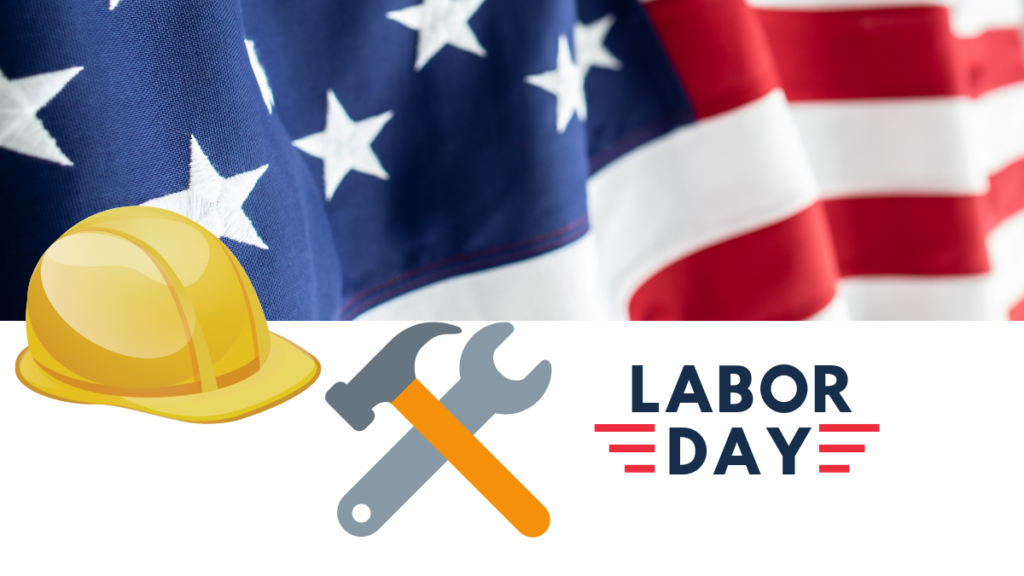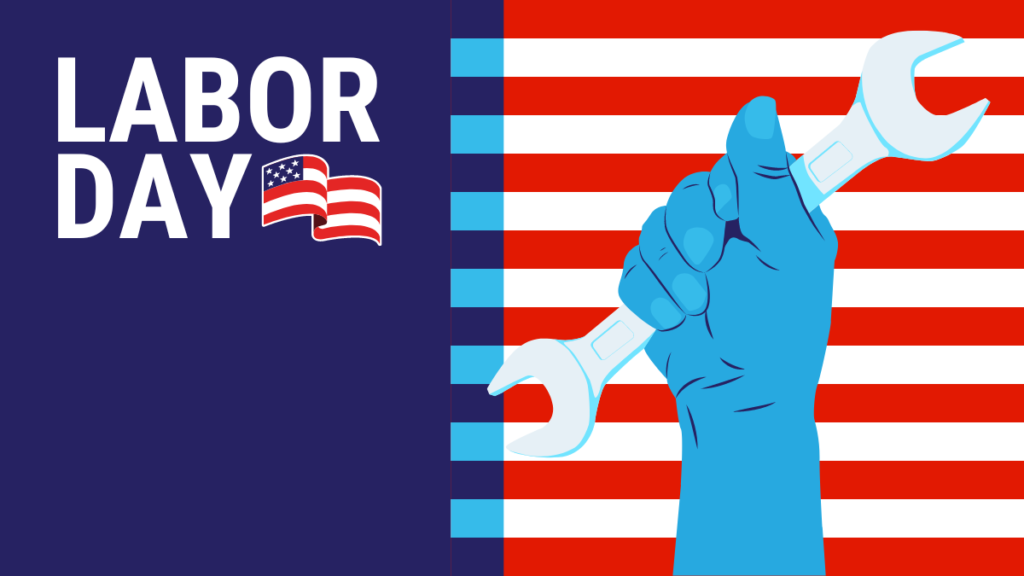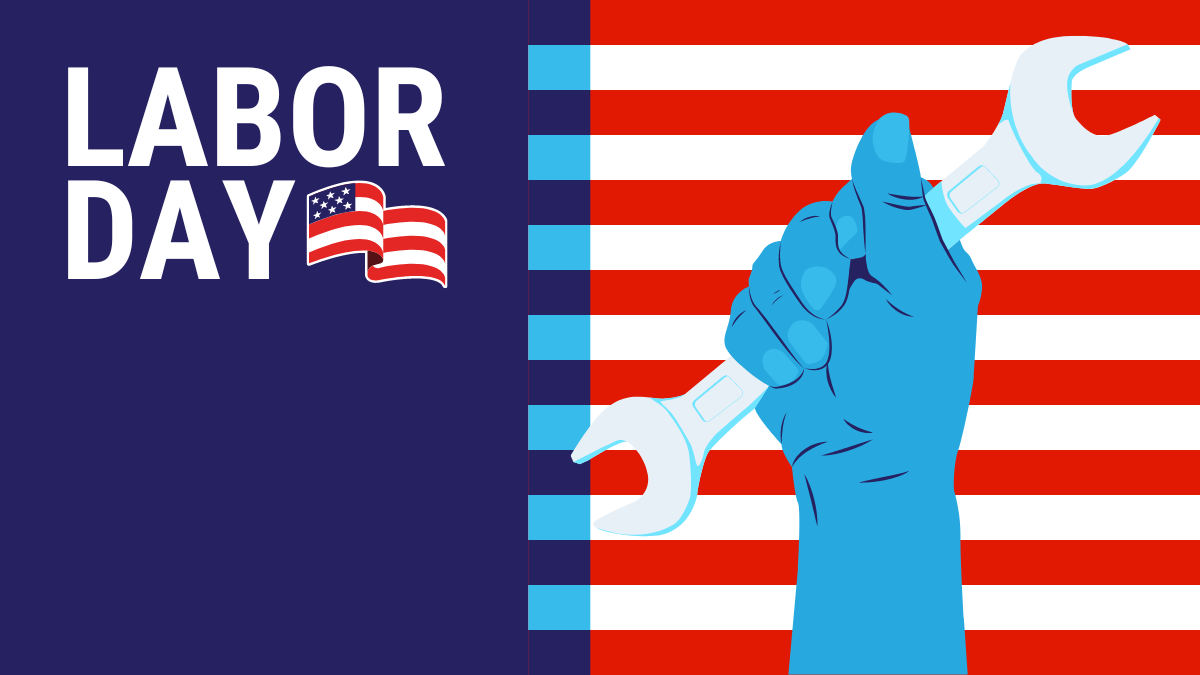Why is Labour Day observed in the United States?
“Labour Day in the United States: A Celebration of Workers’ Contributions”

Introduction
The first Monday in September, when Labour Day is annually observed, not only signifies the unofficial end of summer but also has great cultural significance in the United States. Although many people view it as a well-earned reprieve from work and school, the holiday’s real meaning extends beyond the extra day or two. This article explores the origins and significance of Labour Day in order to explain why it is still observed today.
Dedicated to American Workers
According to the U.S. Department of Labour, celebrating the social and economic accomplishments of American workers is the true meaning of Labour Day. Its beginnings can be found in the late 1800s, when labour activists ardently pushed for a national holiday to honour the priceless contributions of workers to the country’s development.
First-Day Celebration
The Central Labour Union’s idea for the first Labour Day was realised in New York in September 1882. This was the start of a custom that would later become widespread throughout the country. However, only a few states had declared Labour Day a vacation at this point.
State Recognition Earlier
Being the first state to pass laws recognising the importance of Labour Day, Oregon was at the forefront. Then, in 1886, New York took an important step by putting out a measure to secure federal recognition for the holiday. These early state acknowledgments helped pave the way for Labour Day’s widespread acceptance.
Governmental Recognition
Labour Day was made a legal holiday in four more states in 1887 thanks to legislation that was passed at the time. As the movement gained speed, it was accepted by a total of 27 other states by 1894. An act of Congress passed on June 28, 1894, and later signed into law by President Grover Cleveland, established the significance of Labour Day as a national holiday.
September’s first Monday
Since then, Labour Day has been formally recognised as the first Monday in September, denoting a day of relaxation and reflection on the contributions of American workers. The festival, which honours the sweat and labour of workers from all walks of life, has developed over time and now plays a significant role in American culture.

Contemporary Holidays
In today’s celebrations, Labour Day is still observed in the spirit that its early proponents in the late 19th century intended. The celebration of the holiday still includes parades, festivals, and other events. These activities unite localities and give people a chance to recognise the tenacity, commitment, and fortitude of American workers.
Labour Day is more than just a holiday in the United States. It honours the numerous contributions made by American workers to the social and economic fabric of the country. Labour Day has been observed as a federal holiday since it was first celebrated in the late 1800s, and it continues to be a day to recognise and honour the workforce that propels the country forward. On this day, Americans come together for picnics, parades, and leisure activities to honour the perseverance of hard work and the quest for a better future for all.


